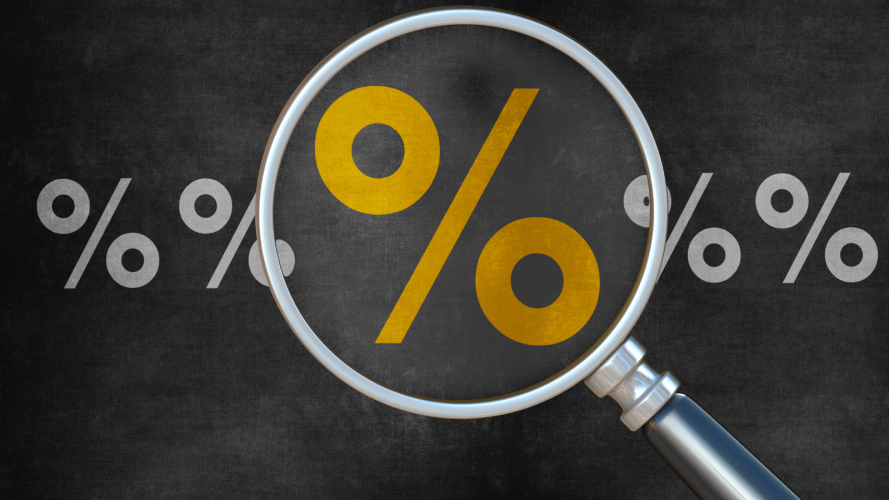When you need to finance a major purchase or pay for an unexpected emergency, you may need to consider different borrowing options. Different types of credit, such as mortgages and car loans, serve a specific loan purpose. Some credit needs don’t fit into a specific category, however, and that’s when you might pursue a personal loan or obtain credit through a credit card.
What is a Personal Loan?
A personal loan is a type of loan that’s obtained from a bank, credit union, or online lender. It’s paid back in installments, which are fixed monthly payments over a specific number of months or years. Most personal loans are unsecured and are financed over a term of two to seven years.
What Are Personal Loans Used For?
There are many different reasons that people apply for personal loans. Some common things that people use personal loans to pay for include:
- Medical bills
- Car repairs
- Debt consolidation
- Wedding expenses
- Vacations
- Appliance or furniture purchase
Getting a personal loan to consolidate debt may simplify paying your bills and may help you save money on interest charges. In most cases, you can use a personal loan for any purpose, but some lenders have restrictions such as not allowing a personal loan to be used for certain things, such as education expenses.
Qualifying for a Personal Loan
If you have good credit, you probably won’t have trouble getting a personal loan if you decide to apply for one. Some factors lenders may consider when you apply include your credit score, your income, and your total debt. If you have less than perfect credit, you still have options. Some lenders offer personal loans to bad credit borrowers, but you’ll end up paying a higher interest rate than you would if you had good credit.
Shopping Around for a Personal Loan
It’s a good idea to compare the rates and terms offered by different lenders. Some lenders offer pre-qualification, which means they do a soft credit pull to determine what rate and terms you may qualify for. A soft credit pull doesn’t hurt your credit. When you’re comparing loans, consider the annual percentage rate (APR) which is the total cost of borrowing the money, including both interest and fees.
If you decide to apply for a loan, choosing the lender offering the lowest APR is usually your best option. When you fill out an application for credit, the potential lender does a hard credit pull, and this shows on your credit report for two years.
Improving Your Credit
If you’ve had credit problems and aren’t happy with the personal loans that are available to you, spend some time working on improving your credit. Catch up on any payments that are past due, and make sure you pay on time going forward. Try to pay down your overall debt. Review your credit reports to make sure there are not any errors since mistakes on a credit report can harm your credit score and your ability to borrow.
Dovly is an AI credit engine that can help you dispute any errors you find on your credit report. Try it risk-free with our free membership tier. Get in touch with Dovly today.



